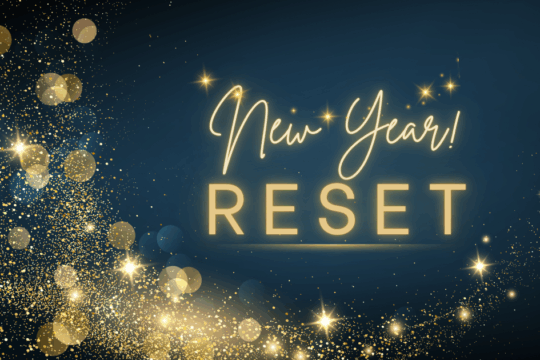How AI Is Changing College Applications And What Schools Are Doing About It in 2025

In the age of ChatGPT and other advanced AI tools, colleges are facing a new challenge: how to tell if an application truly reflects a student’s own voice. As the use of AI to polish or even write essays becomes more prevalent, universities are adapting by developing new methods to assess authenticity, spontaneity, and originality.
The goal? To get a more honest, three-dimensional view of who a student really is.
Here are 10 ways colleges are changing the application process in 2025 to meet the moment:
1. Real-Time Interviews Are Back
Many colleges are now including short, real-time interviews as part of the application process. These can be live Zoom chats with an admissions officer or timed, recorded responses to random prompts. They give schools a chance to hear students think and speak on the fly.
2. Creative, Specific Essay Prompts
Gone are the vague personal statements. Instead, schools are asking things like: “Describe a photo on your phone and the story behind it,” or “What’s an inside joke only your family would understand?” These force students to be personal, not generic.
3. Timed On-Site or Virtual Writing Samples
Some universities now require students to write short essays in real-time during campus visits or via an online proctoring platform. No drafts. No AI help. Just raw writing.
4. Multimedia Submissions
Video introductions, photo journals, or even “a playlist that describes your personality” are becoming more common. These allow students to showcase their creativity in formats beyond text.
5. Self-Awareness Prompts
Prompts like “What part of your application feels most true to who you are?” or “What part do you think sounds least like you?” ask students to reflect on their own storytelling.
6. Spontaneous Reflection Questions
In interviews or recorded submissions, students may receive prompts such as “Describe something that recently made you curious” or “Share an unpopular opinion you hold.” These help reveal genuine thought processes.
7. Peer or Community Endorsements
Some schools now ask for short testimonials from people who know the student outside of school: a coach, a sibling, a neighbor. This offers insight into character, not just academic performance.
8. Project-Based Portfolios
Instead of just grades and essays, students are invited to submit evidence of long-term work: a science project, a community initiative, a business they started, or an artwork they developed.
9. Focus on Growth and Learning Moments
Essays now often ask about failures, challenges, or moments of doubt—things that reveal resilience and self-awareness rather than perfection.
10. Emphasis on Voice Over Polish
Admissions teams are trained to value raw, honest writing over beautifully crafted but impersonal essays. Students are encouraged to write in their natural voice, even if it’s not perfect.
As technology evolves, so do the methods colleges use to understand their students. These new practices may feel challenging, but they’re also freeing. They invite students to be real, not rehearsed. And in a world full of automation, being yourself might just be your best advantage.


